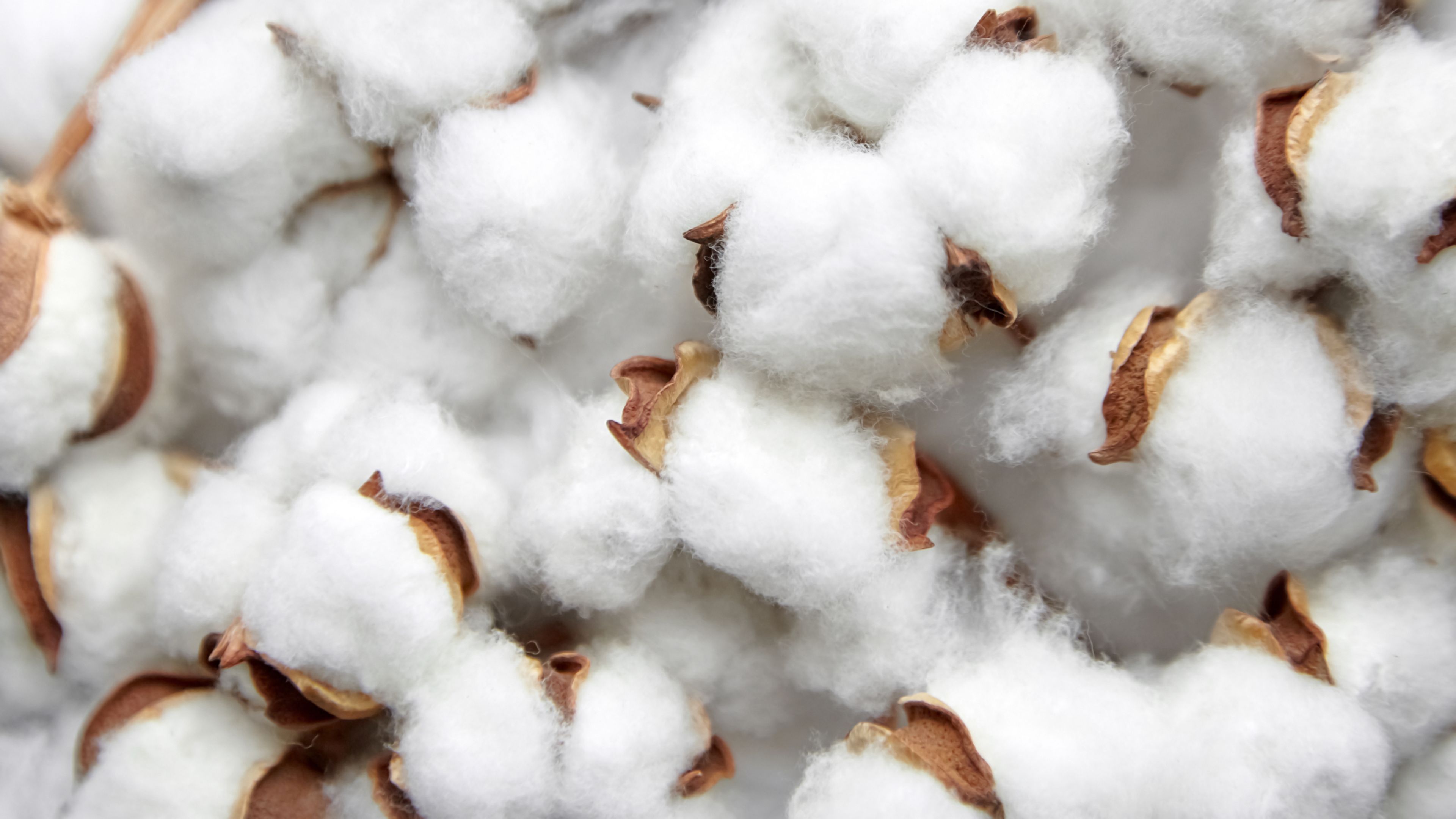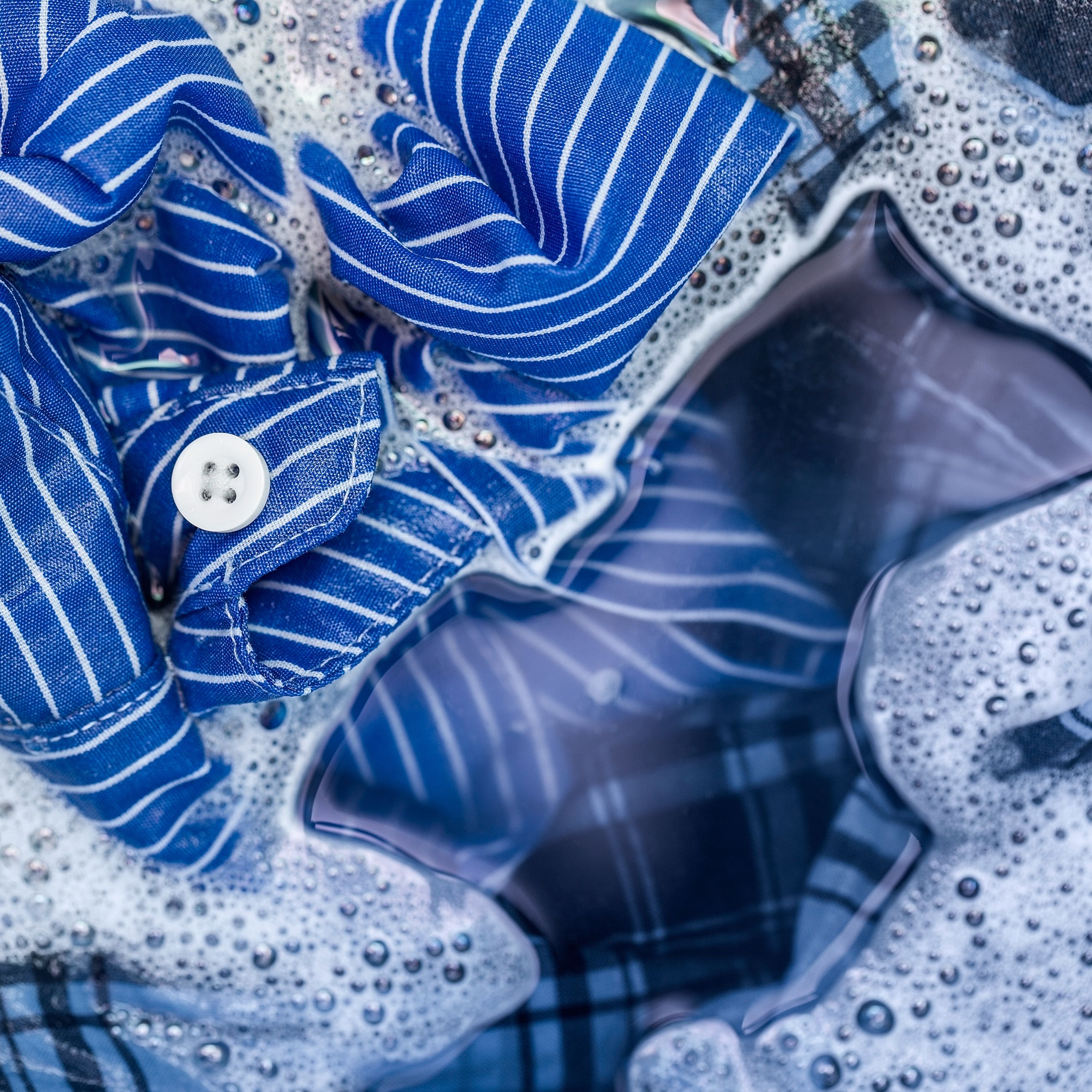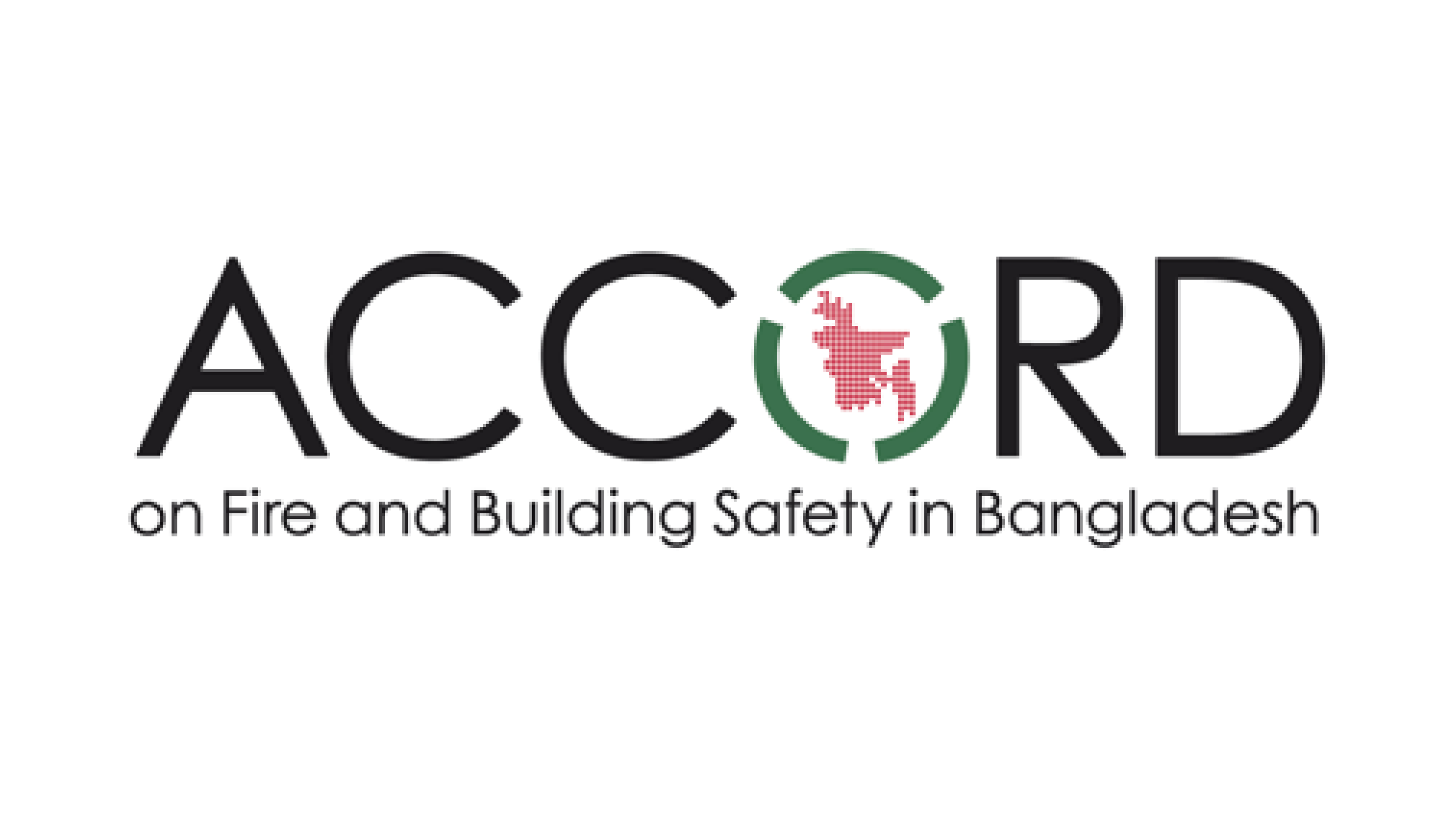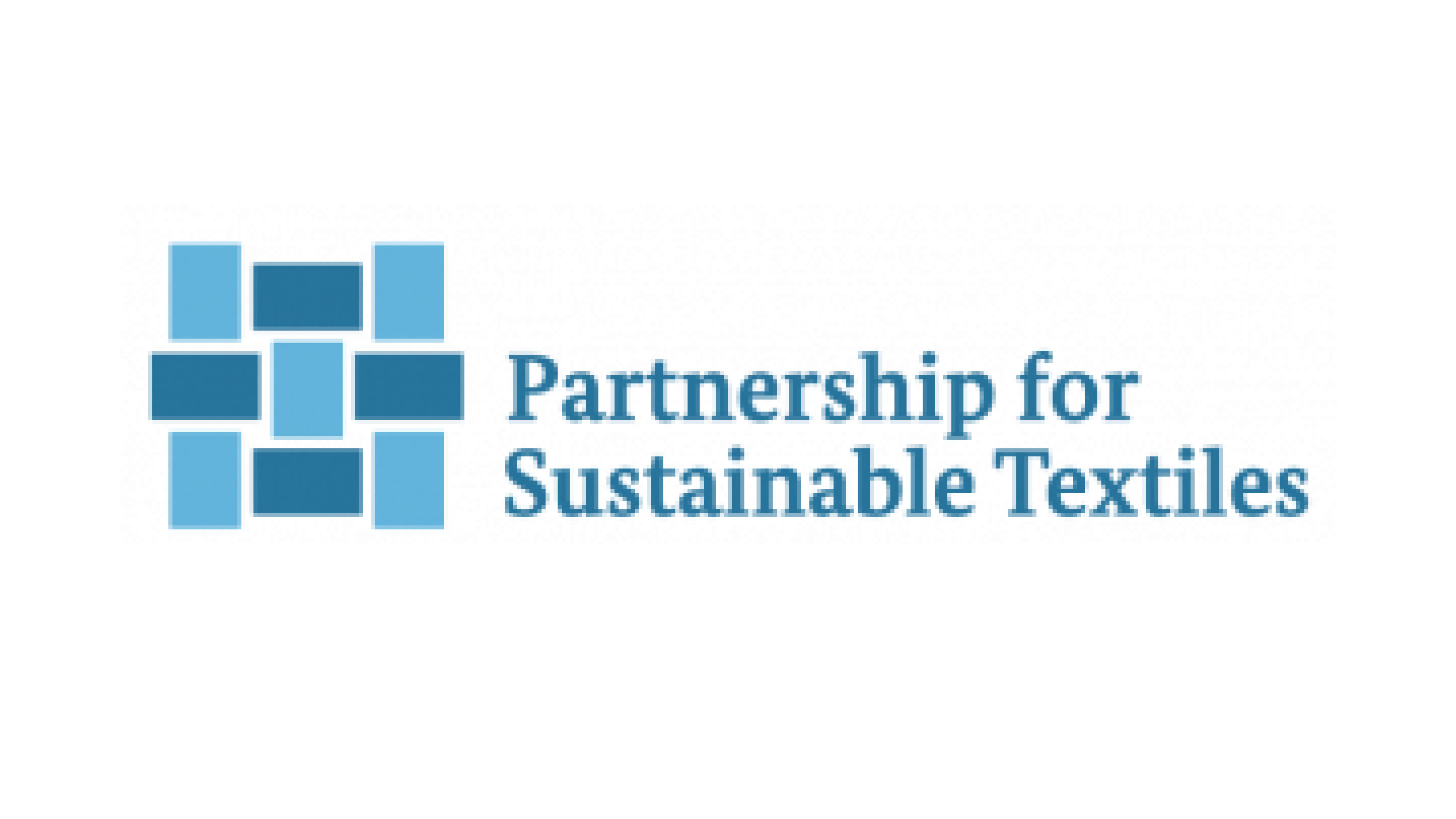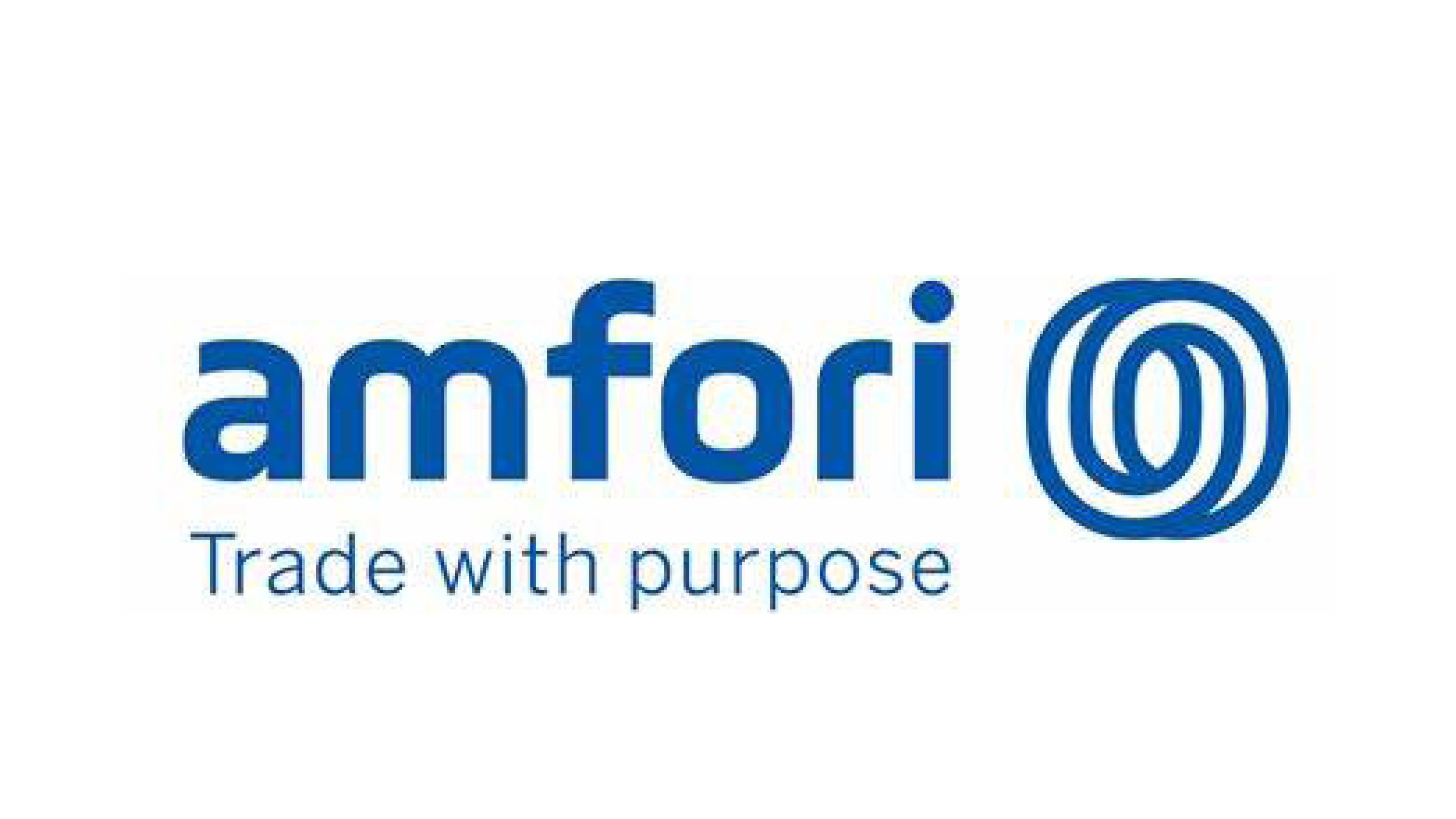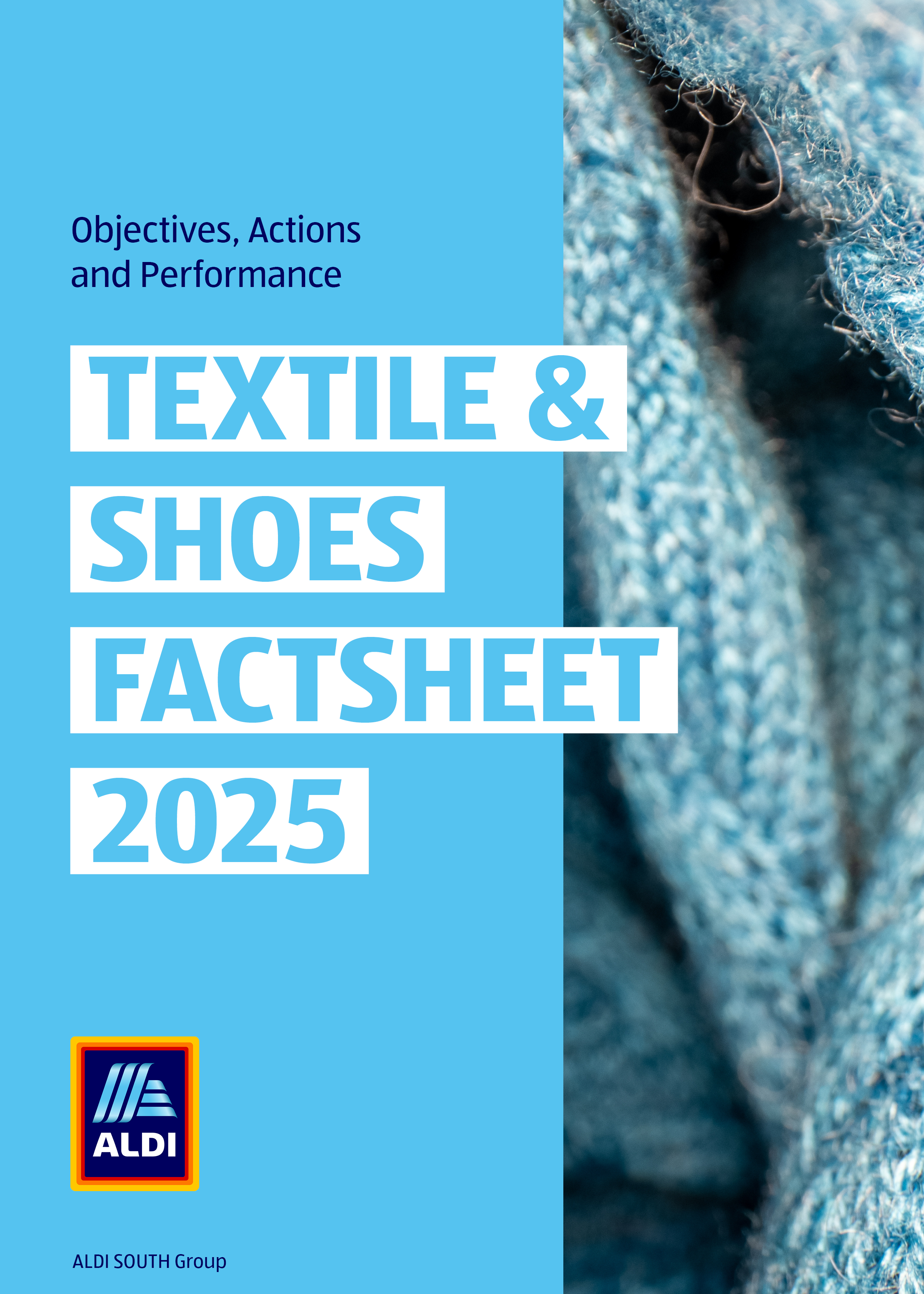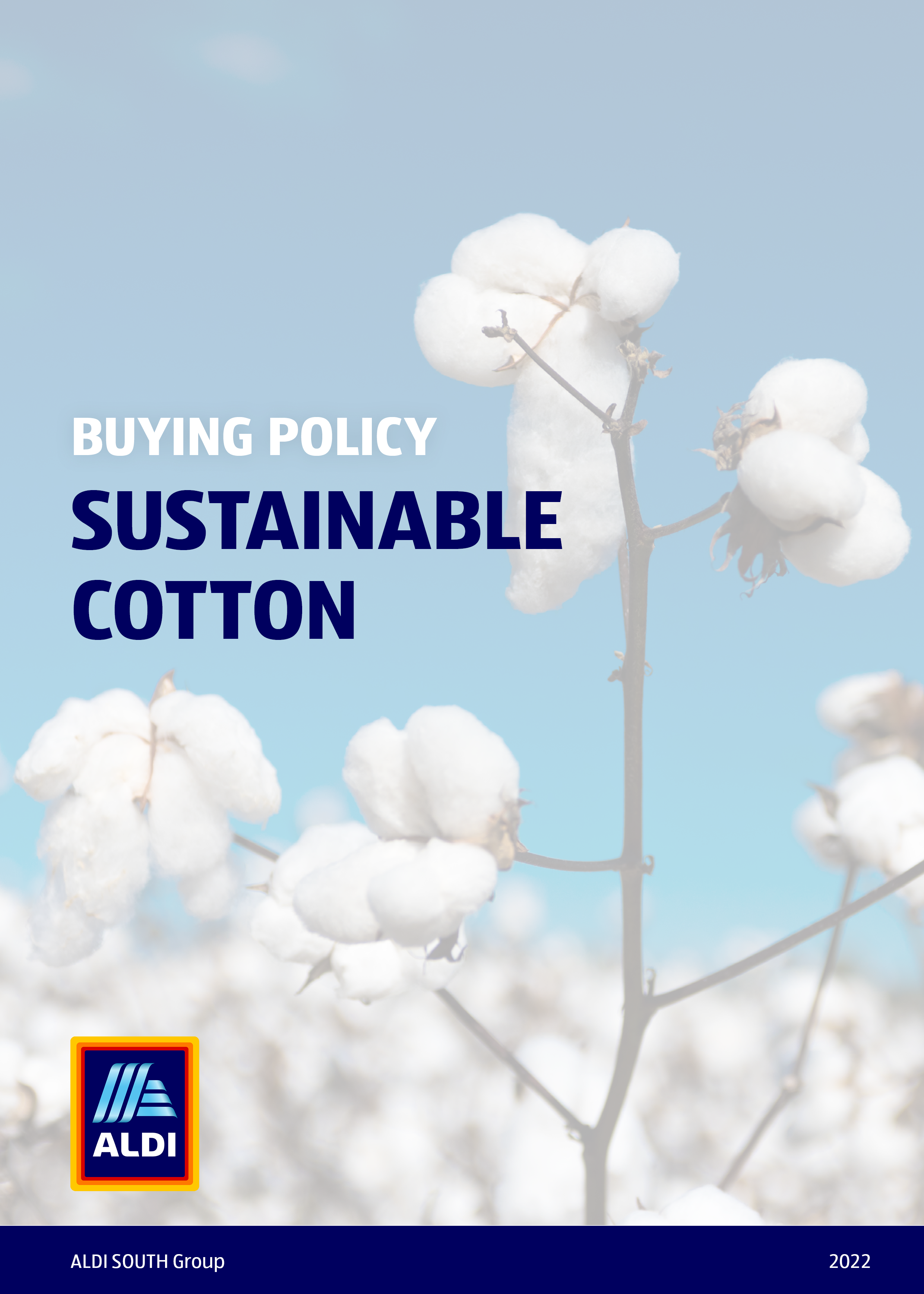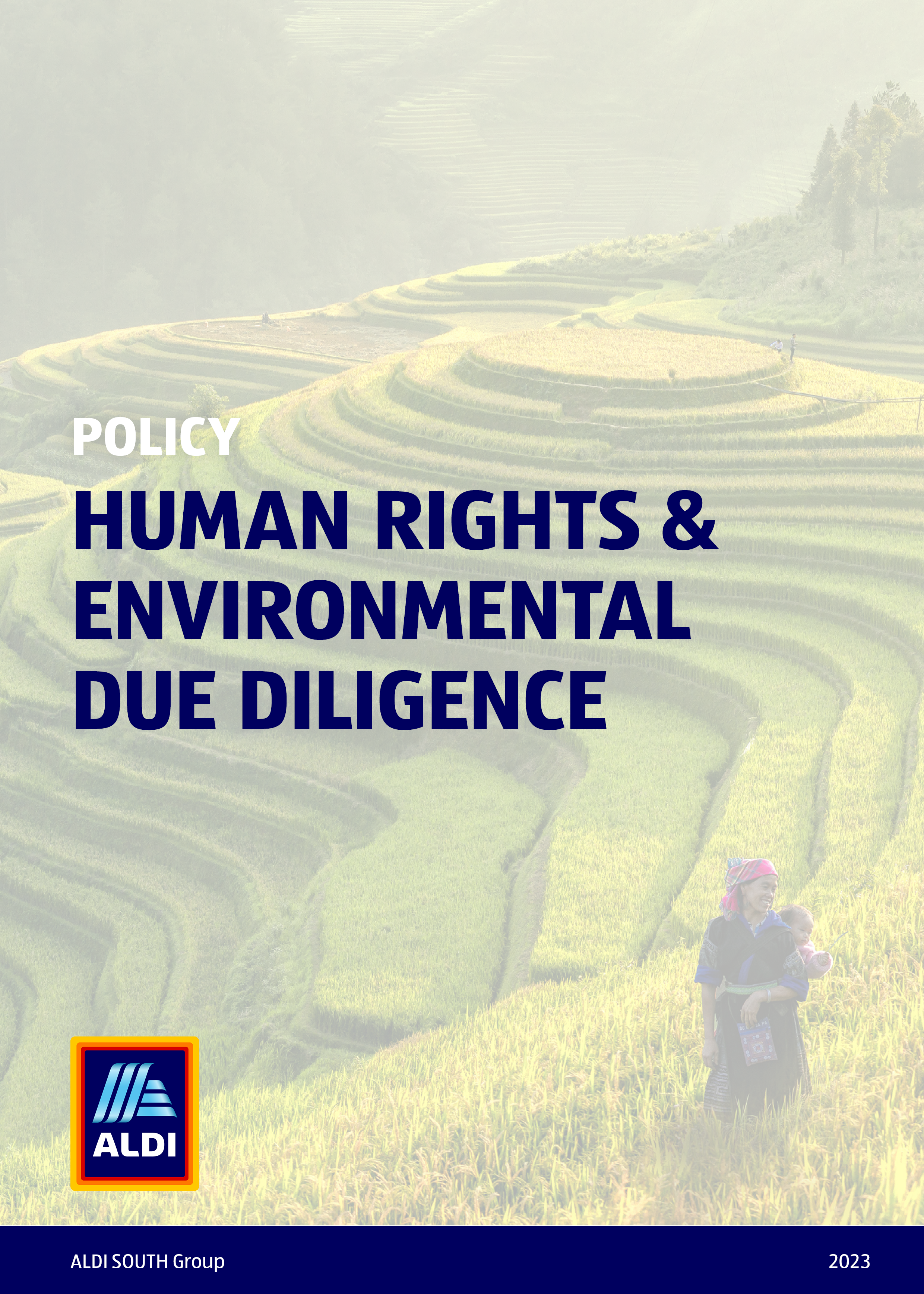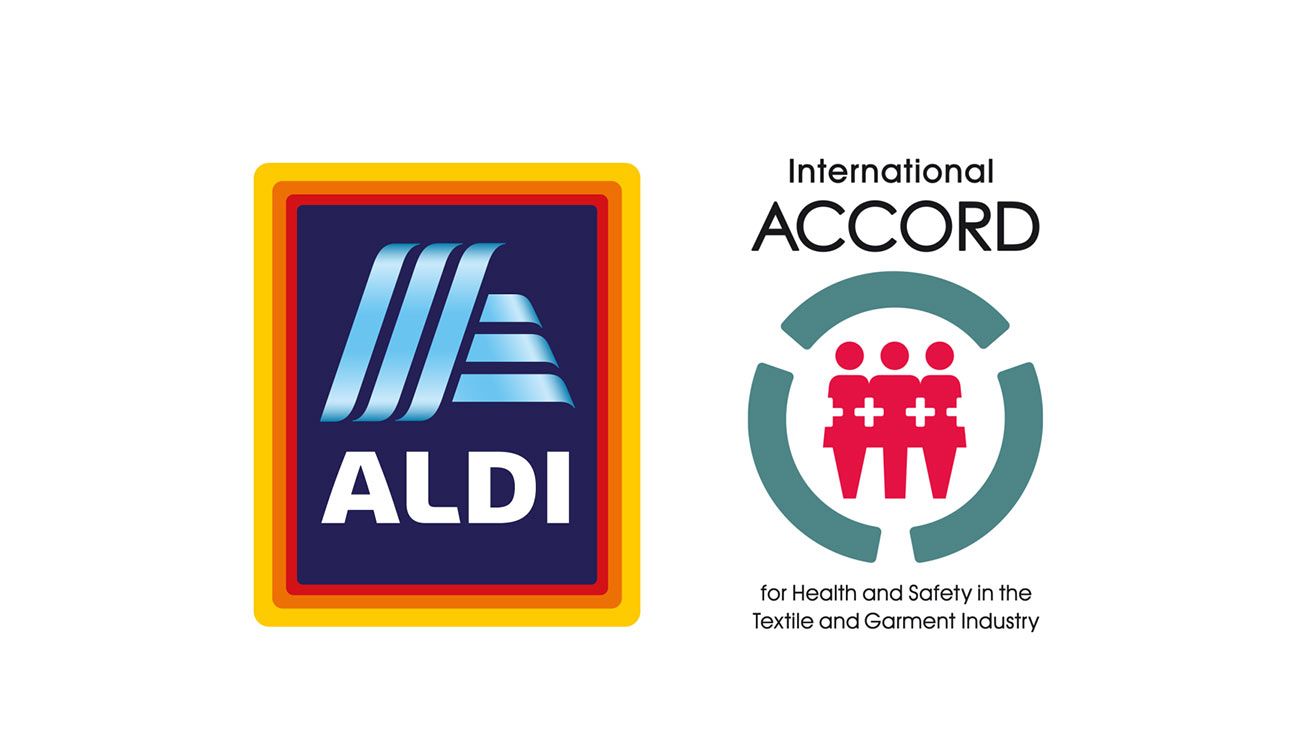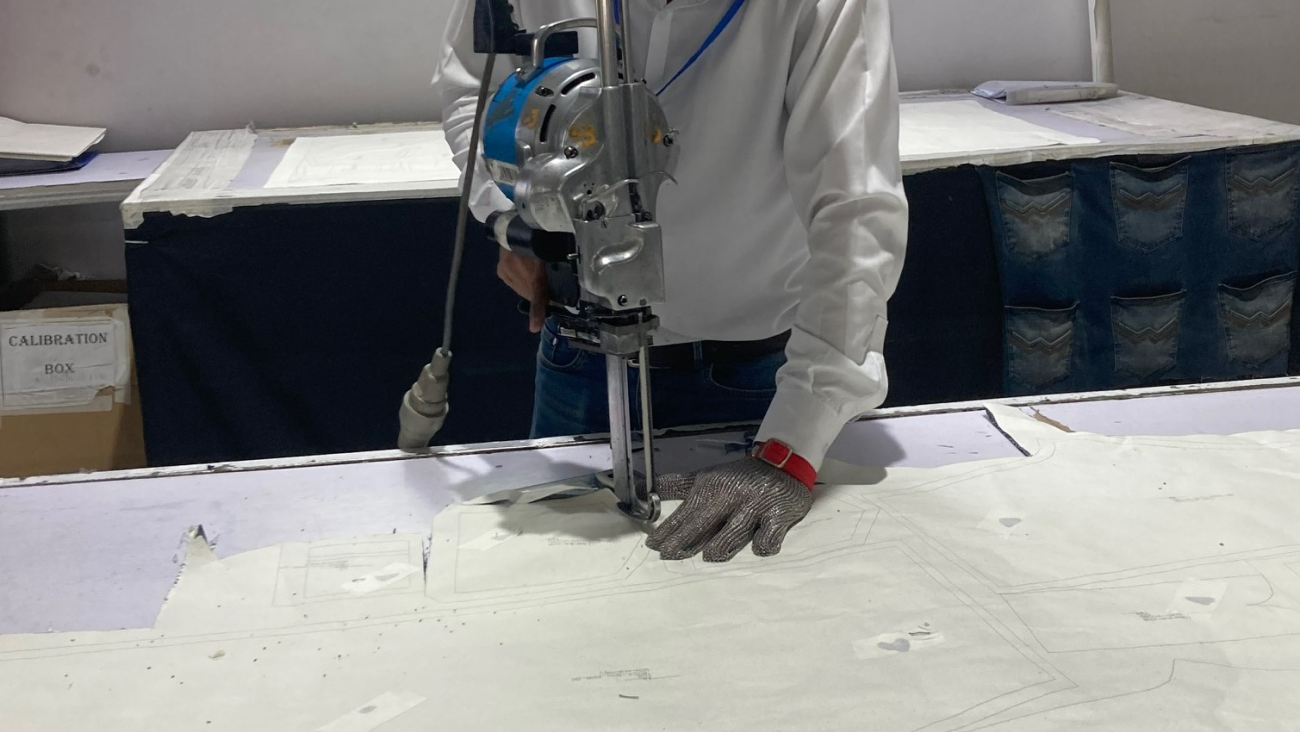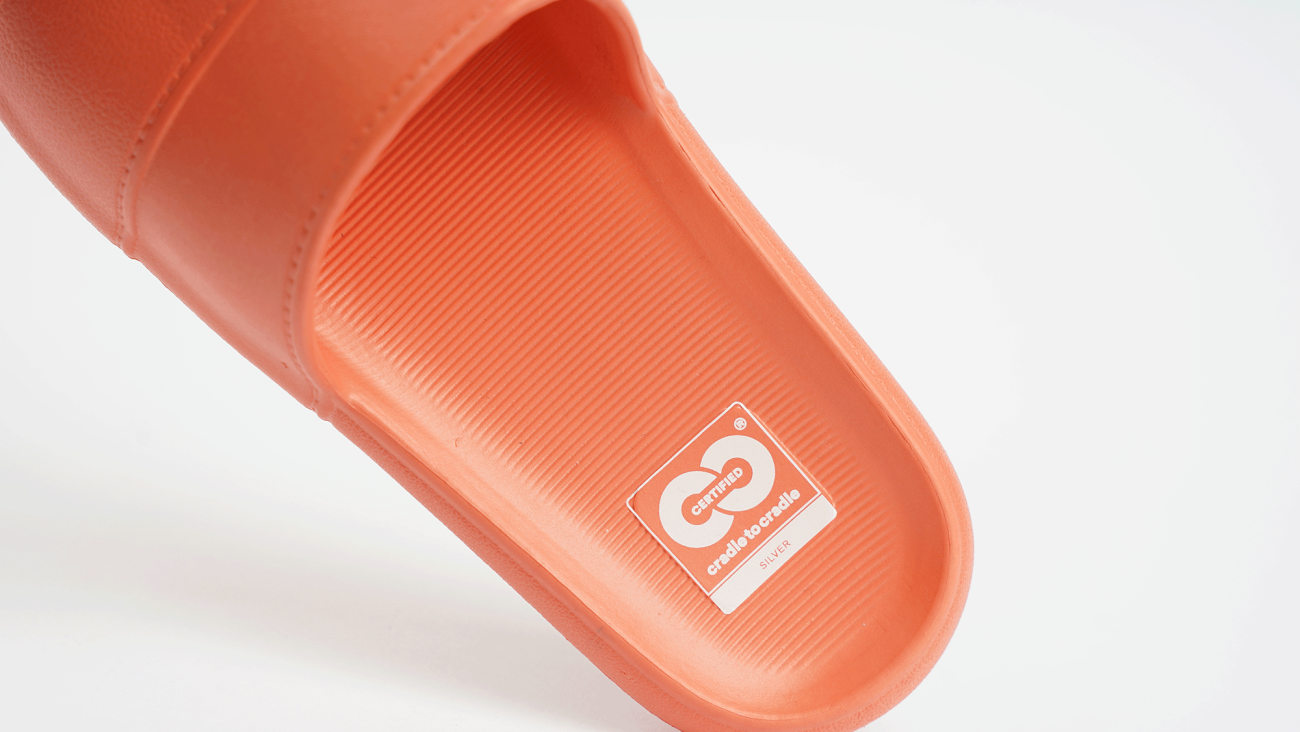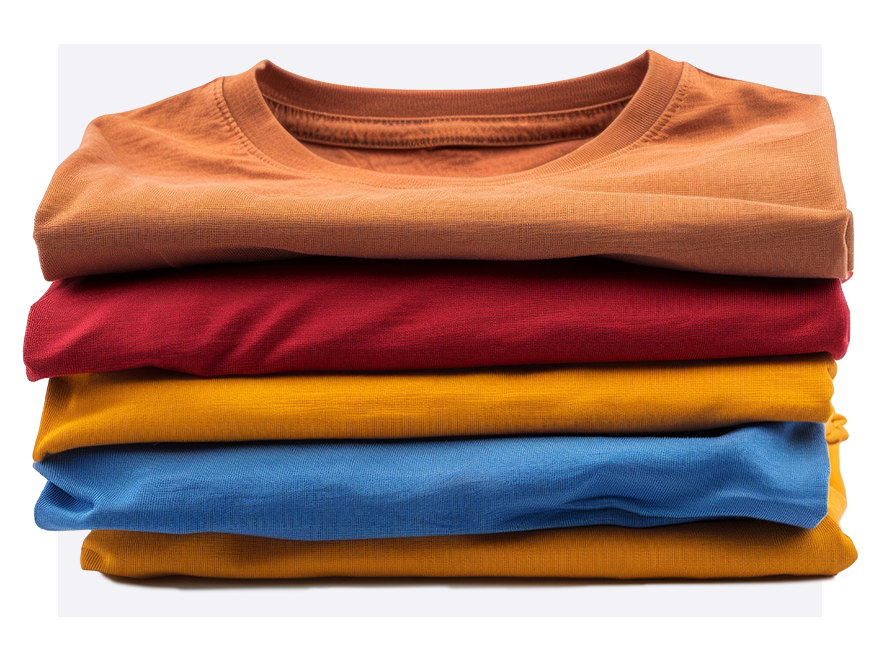
It is highly important to us that ALDI SOUTH Group garments and household textiles are produced in an environmentally and socially responsible way. As such, we are committed to enhancing working conditions in our production facilities and streamlining the textile supply chain, encompassing design, fabric production, dyeing, and garment finishing.
Sustainability challenges in textile production
Global fibre production is at an all-time high and is expected to increase in the coming years. Currently, less than 1% comes from recycled textiles, and only an estimated 1.4% of all cotton grown is organic. The production, use, and disposal of fibres and materials have significant impacts on people and the planet.
Chemicals employed in textile production, such as those for bleaching, dyeing, and printing, frequently get released untreated into waterways. These actions have severe repercussions on the health of local communities and the environment. At the same time, Europe alone produces about 15 kilograms of textile waste per person, most of which is incinerated or landfilled. To drive change, ALDI SOUTH Group is expanding its range of sustainable textiles, reducing the use of hazardous chemicals and increasing transparency in ALDI's supply chain.
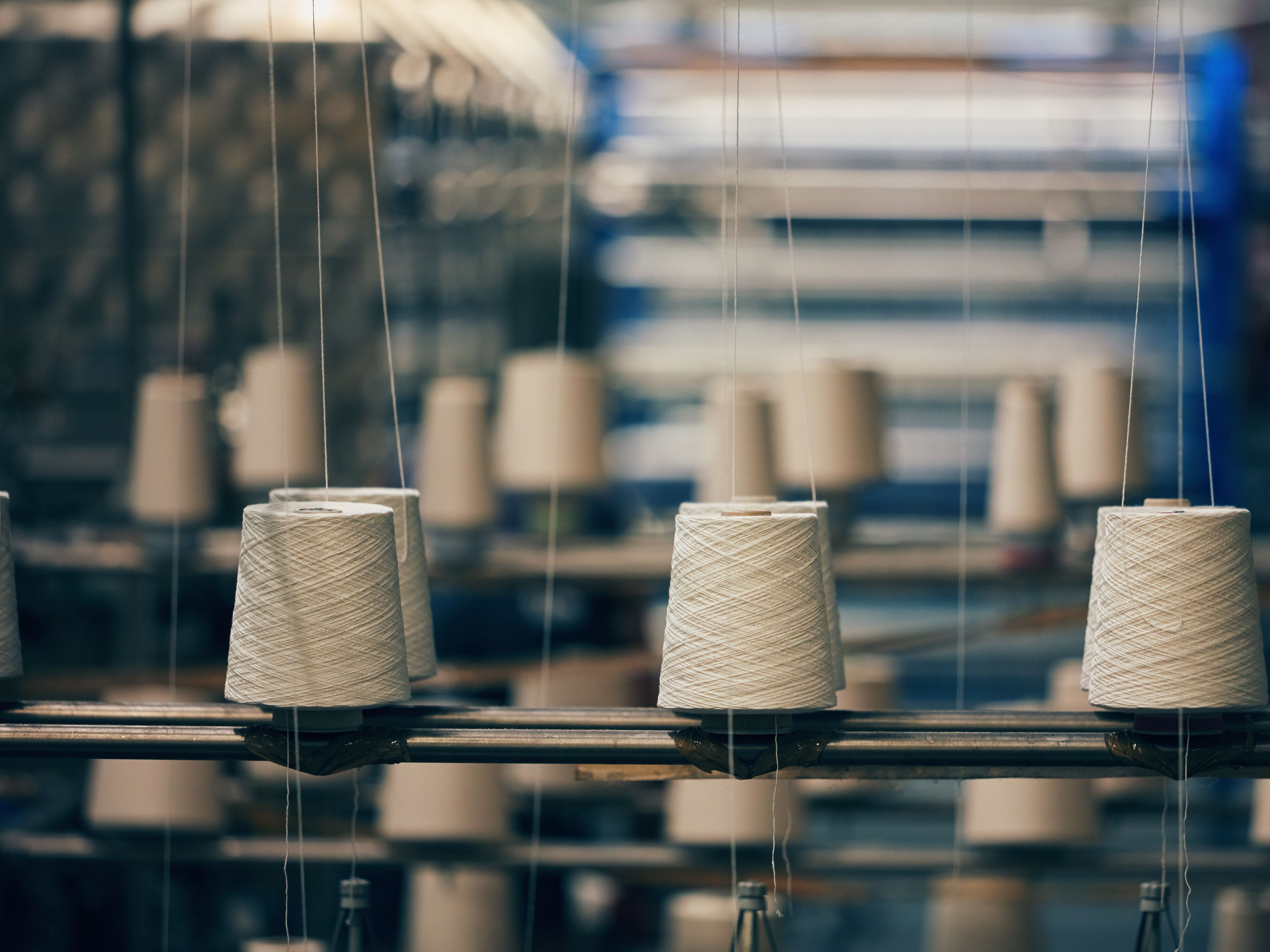
Materials matter
That’s why we strive to increase the share of more sustainable materials used for ALDI SOUTH Group products. While most fibres of natural origin are biodegradable, recycling fabrics help to reduce the amount of environmentally harmful waste disposal. We continually seek innovative approaches to ensure that our products are designed and produced responsibly, safeguarding human rights and mitigating environmental risks.
In 2015, the ALDI SOUTH Group committed to the goals of Greenpeace's Detox Initiative. Since then, the use of hazardous chemicals in our textile and footwear production has been significantly reduced.
The Better Lives through Better Business campaign. launched by The Consumer Goods Forum in 2021, addressed the impacts of chemical-based production processes in Bangladesh. It highlighted the success of our work and that sustainable practices can have a positive impact on people's health and lives.
In 2015, the ALDI SOUTH Group committed to the goals of Greenpeace's Detox Initiative. Since then, the use of hazardous chemicals in our textile and footwear production has been significantly reduced.
The Better Lives through Better Business campaign. launched by The Consumer Goods Forum in 2021, addressed the impacts of chemical-based production processes in Bangladesh. It highlighted the success of our work and that sustainable practices can have a positive impact on people's health and lives.
Setting standards for our textile products
Most ALDI SOUTH Group garments and home textiles are manufactured in production facilities in Asia. As we do not source all our products directly, we value our business partners as important allies. They must meet all our social and environmental standards. In countries where these standards are not yet a matter of course, we want to help improve working conditions. To ensure that our requirements are being met, we carry out regular audits and assess conditions on the ground. At the same time, we maintain an ongoing dialogue with our business partners, trade unions and other stakeholders, participating in initiatives and joint projects.
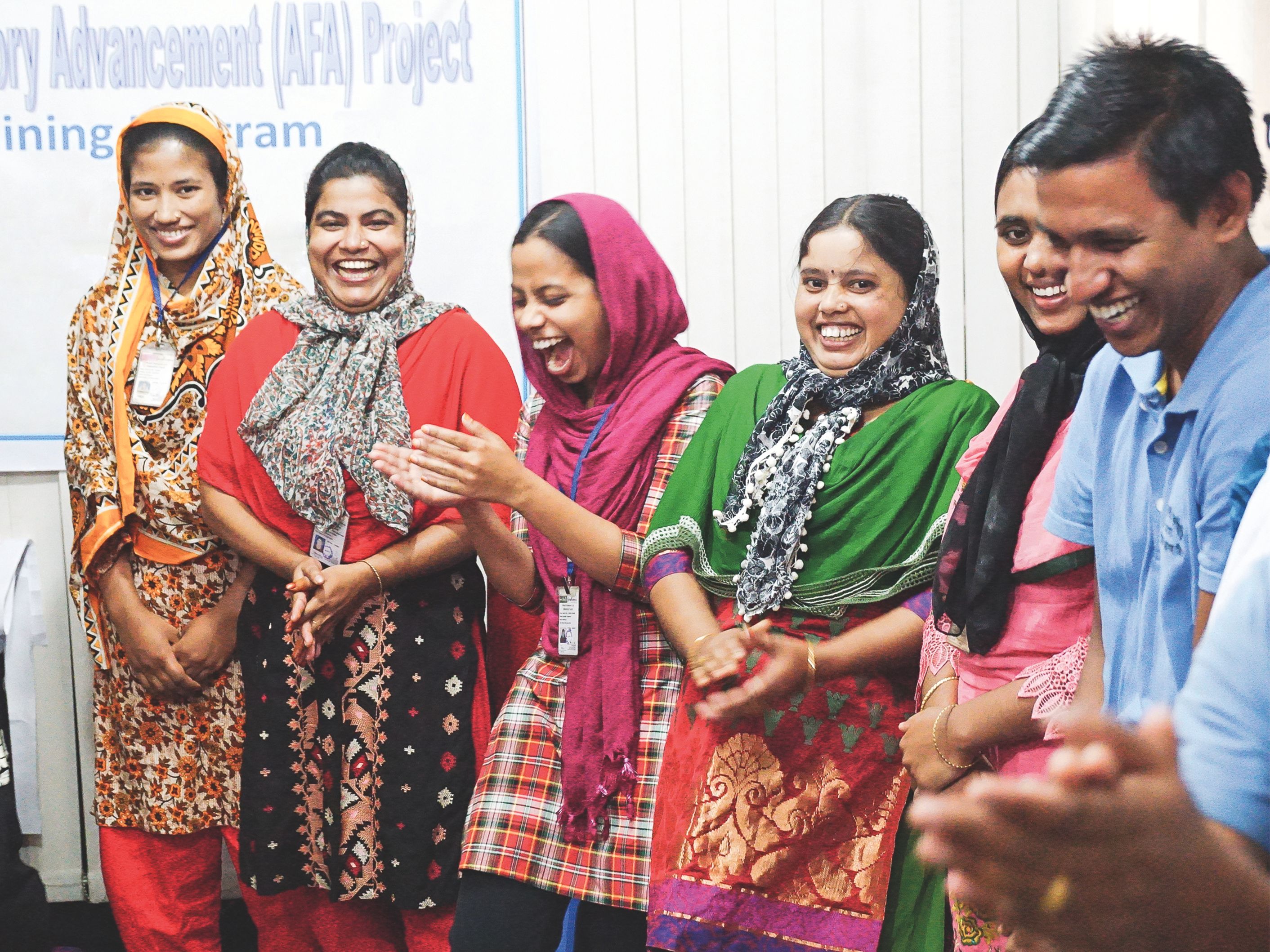
Teaming up for good
The ALDI SOUTH Group engages in initiatives and partnerships to support the human rights of workers and communities along our textile supply chain and raise environmental standards. As a member of the German Partnership for Sustainable Textiles (German: Bündnis für Nachhaltige Textilien), we support improving living wages, advancing the rights of children and young workers, and improving chemical management in production facilities on a global scale. We partnered with amfori for their Speak for Change grievance mechanism in Vietnam, India, and Türkiye to ensure a fair and safe working environment.
The ALDI SOUTH Group was one of the first companies to sign the Bangladesh Accord on Fire and Building Safety. This document was updated in 2021 to the legally binding International Accord for Health and Safety in the Garment and Textile Industry in order to make garment factories in Bangladesh safer for workers. In 2023, we signed the Pakistan Accord for Health and Safety in the Textile and Garment Industry. This legally binding agreement between brands, retailers and global trade unions promotes safe workplaces through independent safety inspections, training programmes and a grievance mechanism.
Textile multi-stakeholder initiatives
Find out more about our textile policies, initiatives, and projects. The Textile Factsheet provides information about the ALDI SOUTH Group for benchmarking enquiries.
Source: *Textile Exchange, **European Parliament
